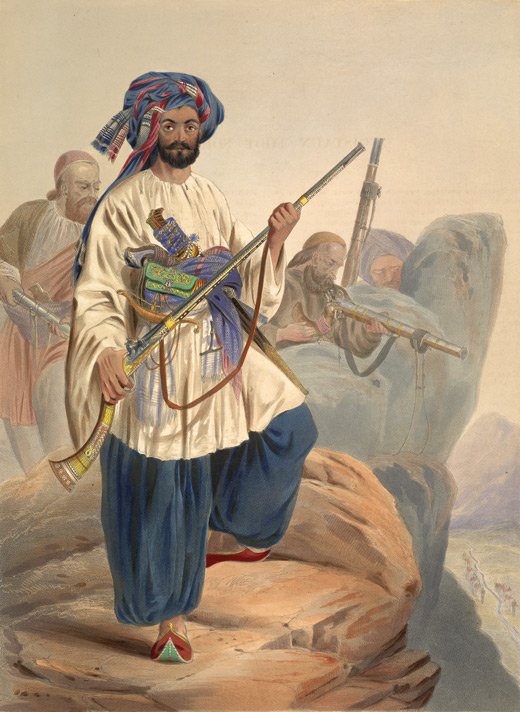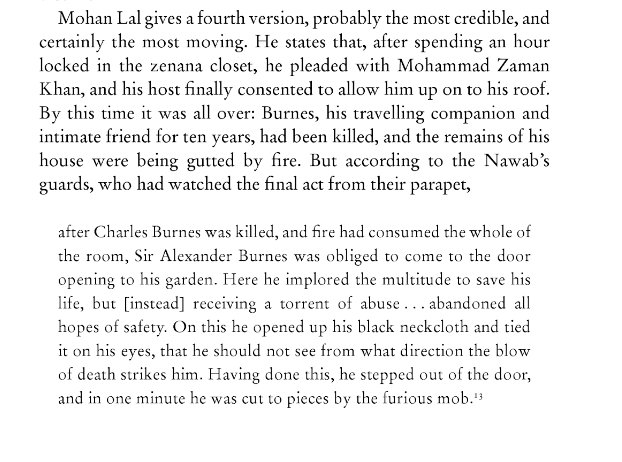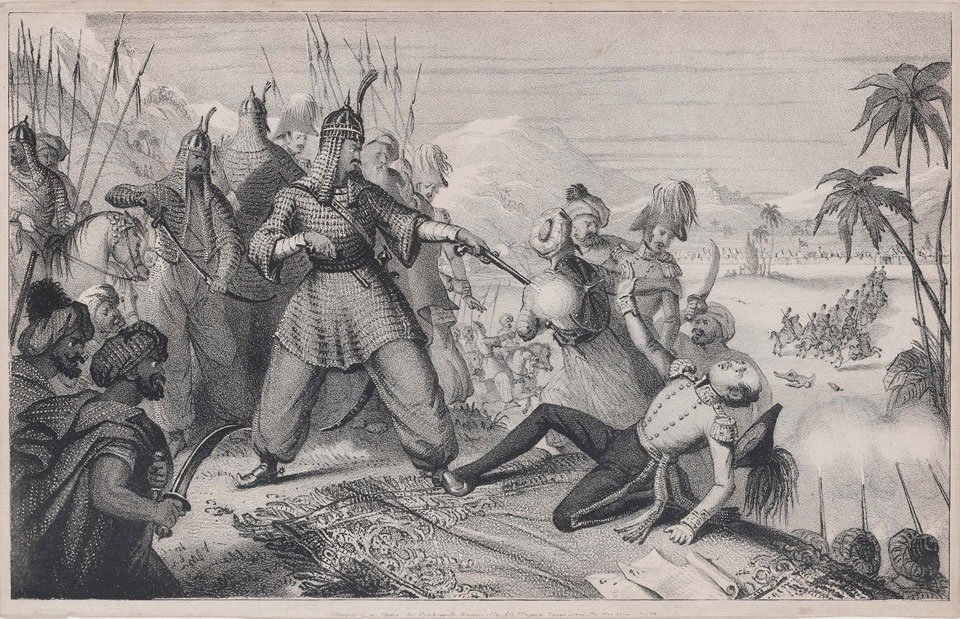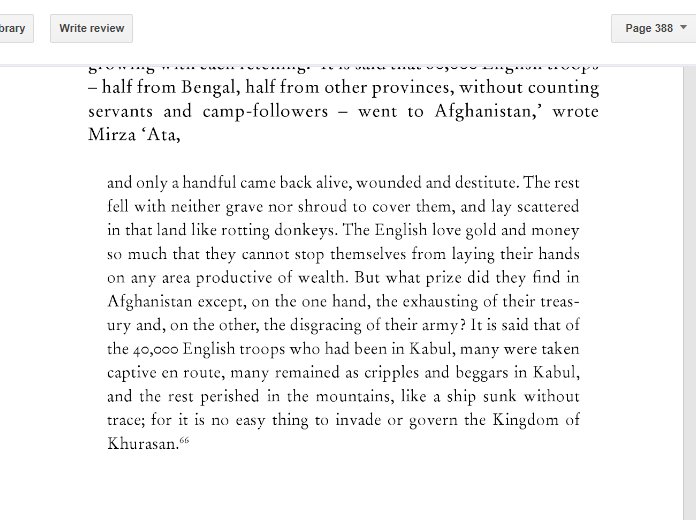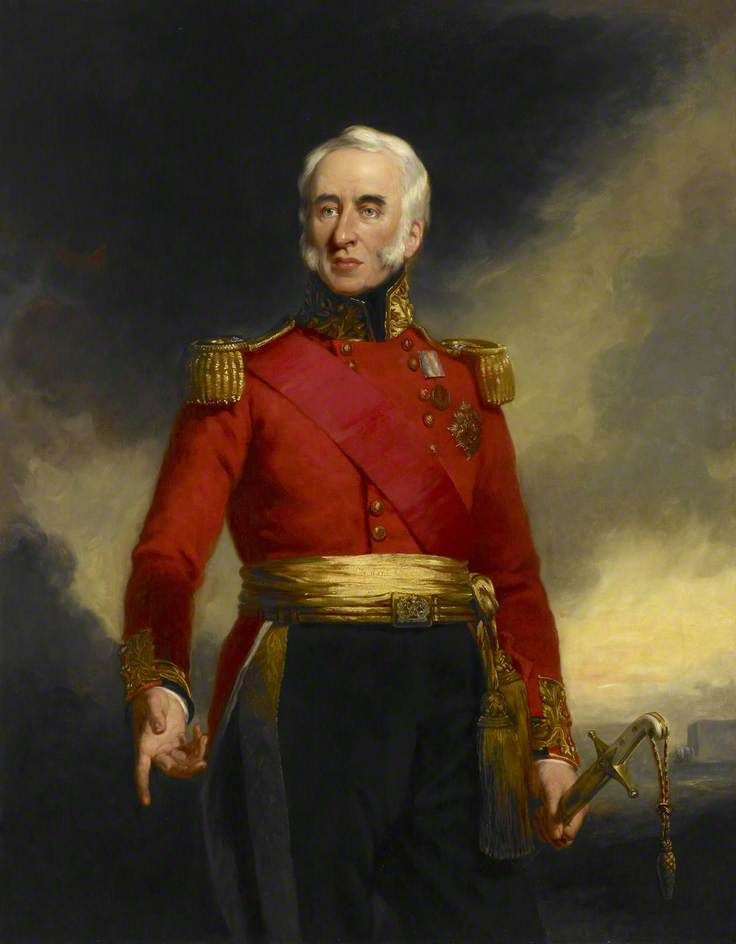He was born in Multan but his family was from Herat. The Saddozais of Multan who were mansabdars of Mughals since 1653, were just his clansmen.
My take: barmazid.com/2017/04/zaman-…
In the footnotes William Dalrymple writes: "Though widely attributed to Khushhal, many scholars doubt the authenticity of this celebrated couplet"
Its not attributed to Khushal Khattak at all
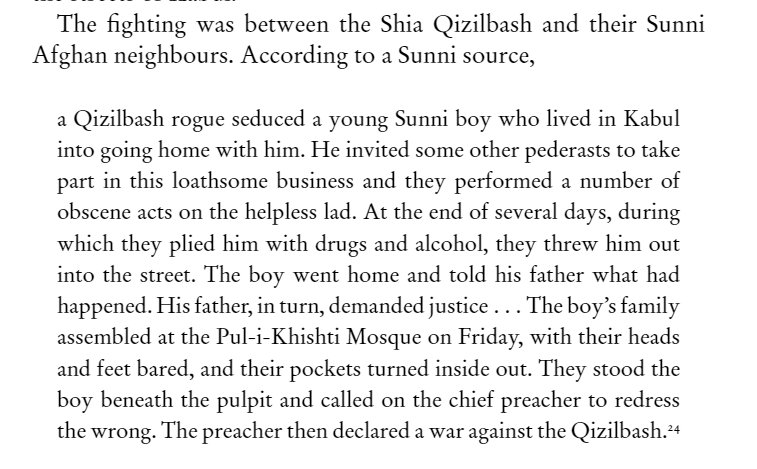
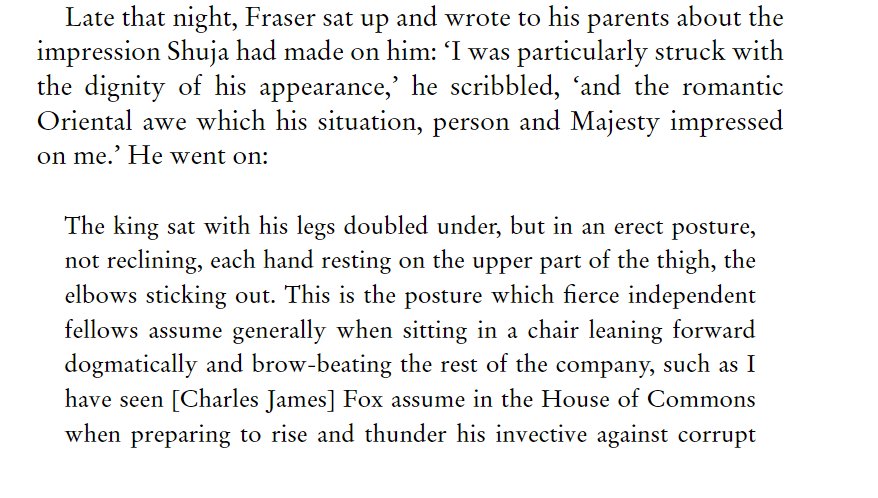
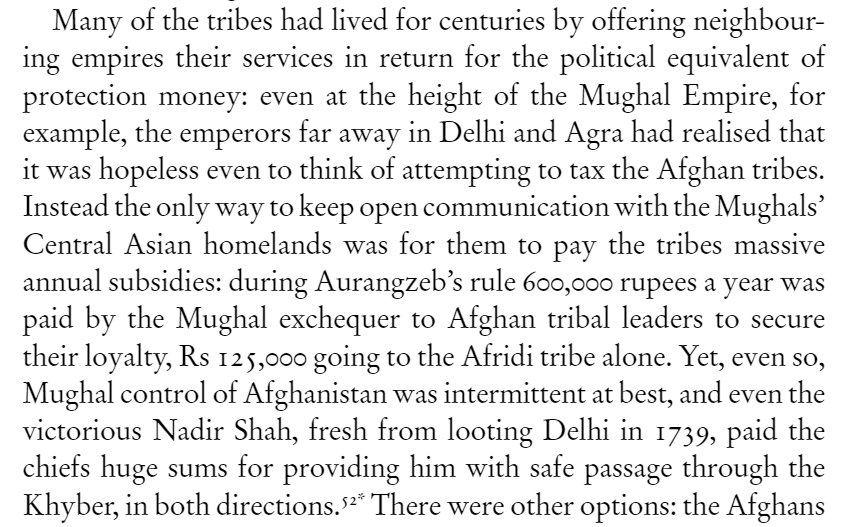
be to see an Englishman at Kabul, and open the road between Europe and India’,
Burnes remained unconvinced.‘I do not believe that the Shah possesses sufficient energy to seat himself on the throne of Kabul'
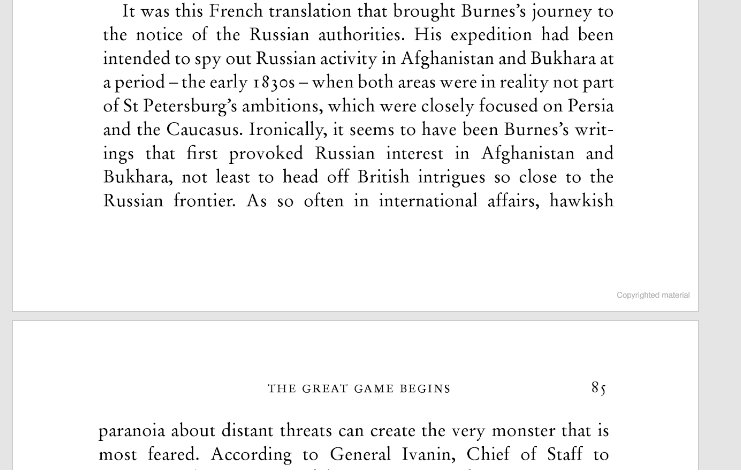
A note on early career of the notorious Haji Khan Kakar : barmazid.com/2018/01/haji-k…
Sikhs practiced Sati ?
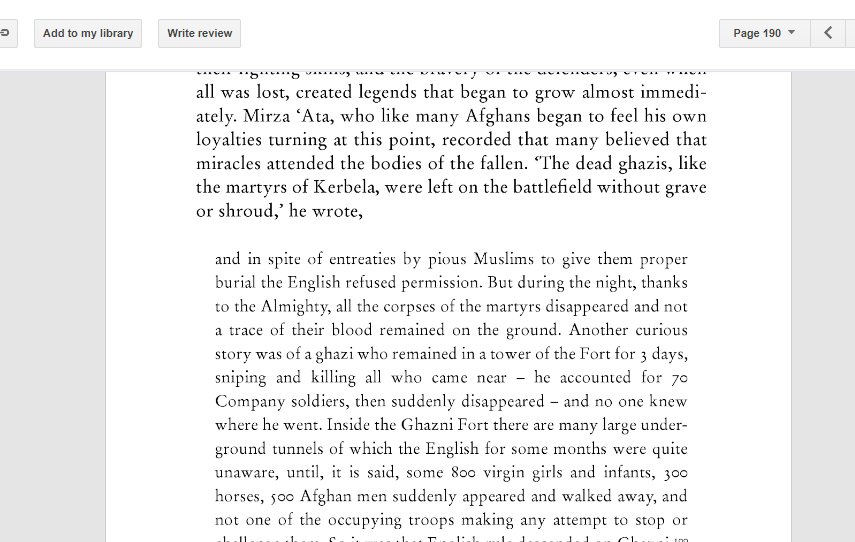
Young men's testicles? human's? @DalrympleWill
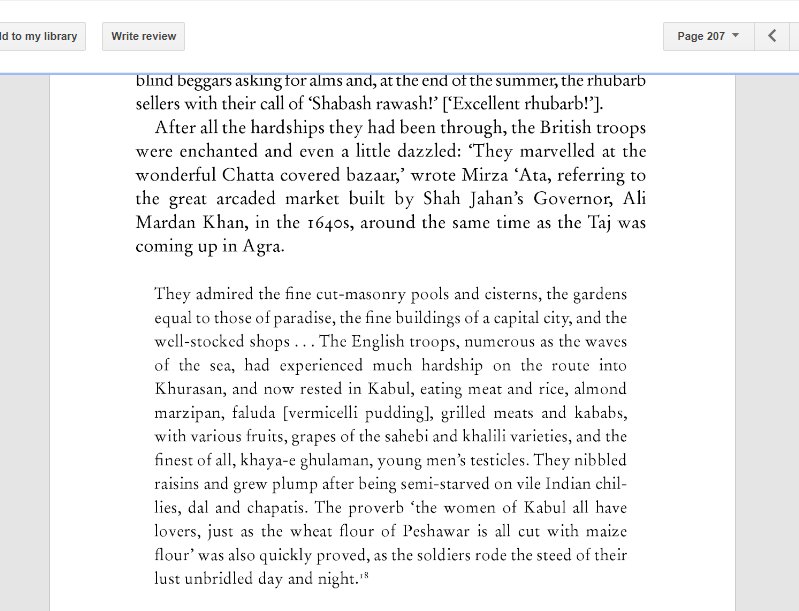
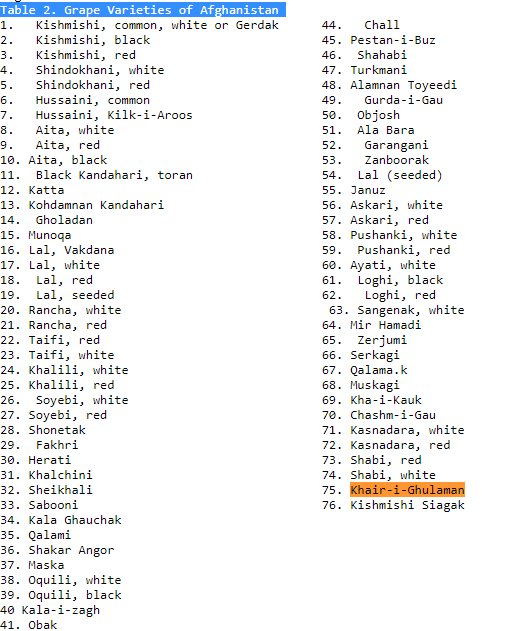
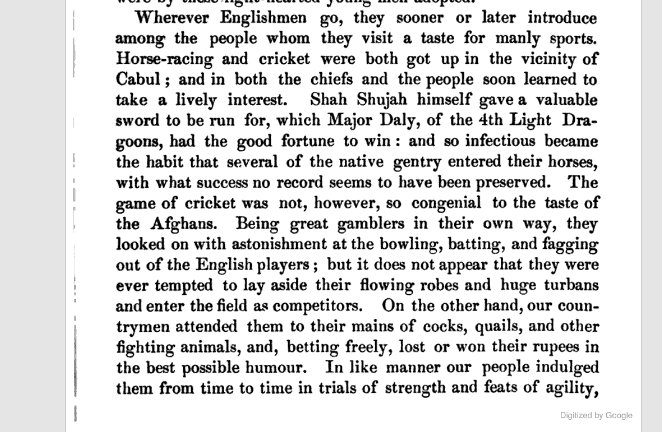
@NafeesRehmanDr have you ready any thing about it?. I suspect there's more to this than meets the eye.
Often miscaptioned as 'Pashtun warriors', they are actually Kohistani Tajiks.
